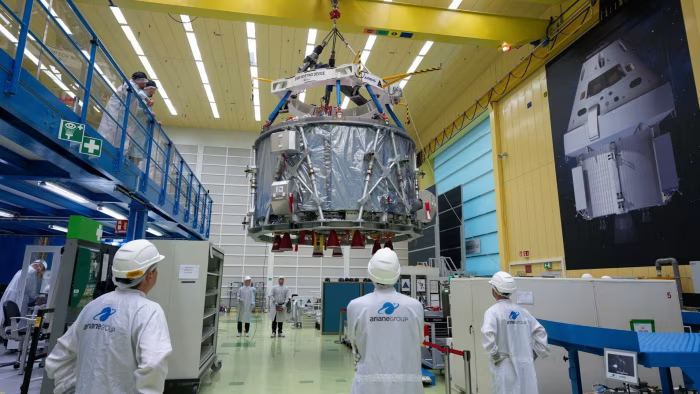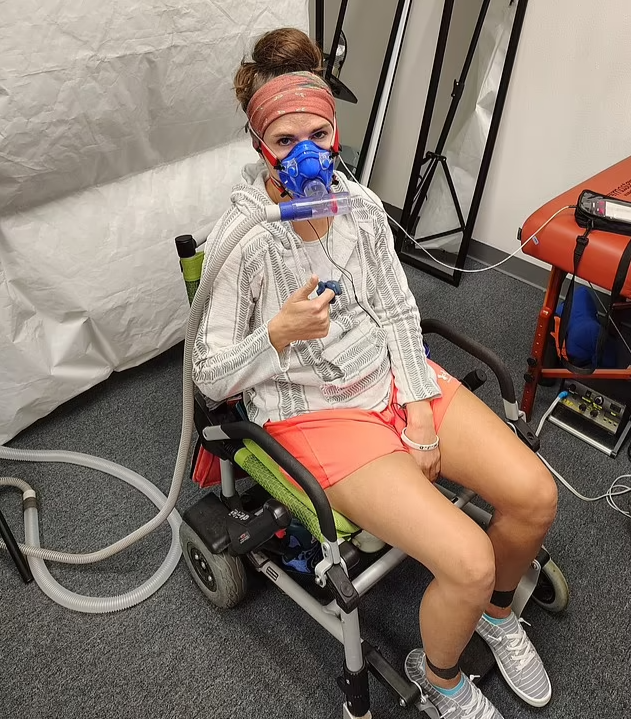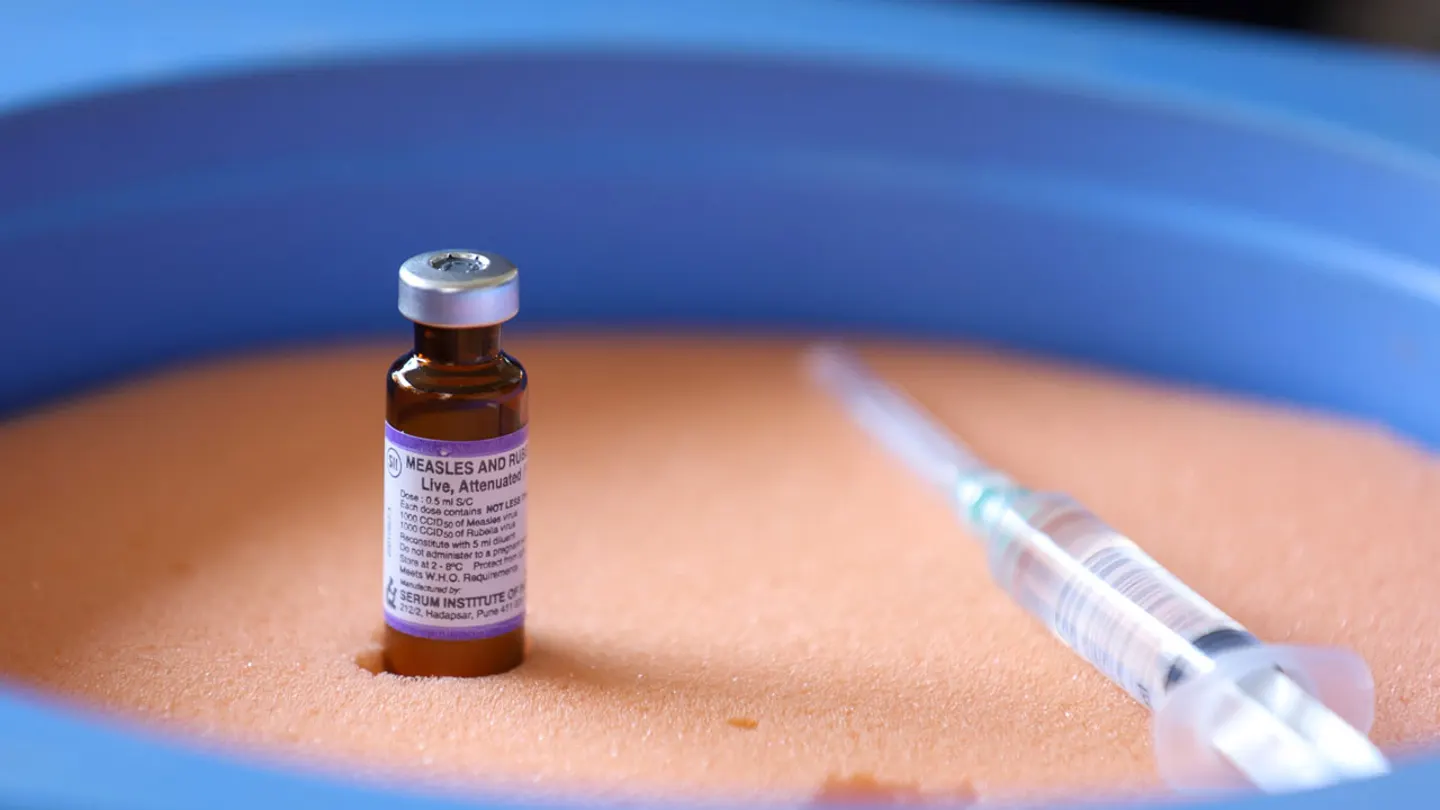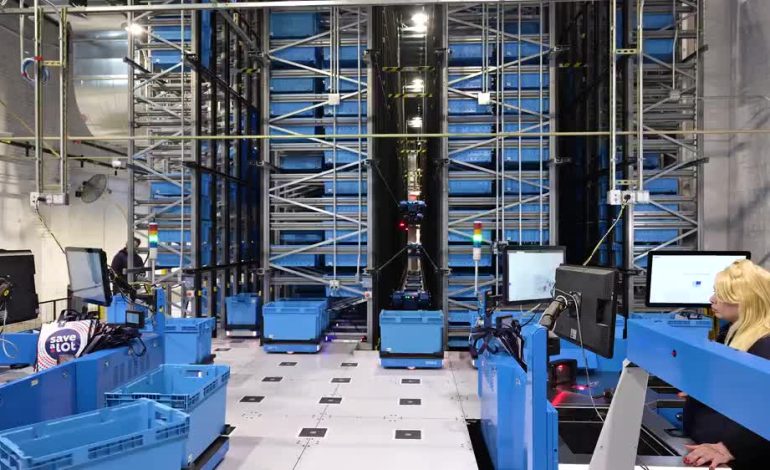A new pilot program in Brooklyn, New York, is using robots to reshape the grocery delivery business, potentially saving shoppers up to 30% on their grocery bills, the Wall Street Journal reports.
The initiative, launched by discount grocery chain Save A Lot in partnership with Israeli tech company Fabric, aims to streamline online grocery shopping through automation.
Inside a 4,000-square-foot warehouse, robotic arms pick out groceries from bins and deliver them to ground-level robots, which then transport the items to workers. These workers pack the groceries for delivery, with orders reaching customers via Uber drivers within a 30-minute window for those living within an 8-mile radius. The robots can assemble orders of up to 50 items in just six to eight minutes, drastically reducing the time it takes compared to traditional supermarkets, which typically offer delivery in four-hour windows.
Save A Lot’s micro-fulfillment center in Brooklyn is its first New York City location in over two decades, but the company doesn’t plan to open a traditional grocery store in the area. Instead, this automated approach offers a more cost-effective model. Curt Avallone, co-chief executive of Fabric, highlighted that the facility’s automation allows for lower grocery prices, thanks to savings on labor and operational costs.
The move comes as online grocery shopping, which surged during the pandemic, remains a challenge for retailers. Grocery e-commerce typically has thin profit margins and logistical hurdles, especially when dealing with perishable items. This robotic system aims to address those challenges, reducing labor costs by automating much of the order-fulfillment process.
Bill Mayo, chief operating officer of Save A Lot, explained that the pilot program is a cost-effective alternative to building a full-scale grocery store. While a traditional store would require at least 12,000 square feet and several million dollars to open, the smaller automated facility cost $1 million and took just four months to complete. Save A Lot, which operates 750 stores across the US, plans to expand its robotic-powered fulfillment centers, with additional locations in New York City and Dallas in the works.
Though Save A Lot offers a more limited selection of products compared to larger supermarkets, this enables them to keep costs low and minimize real estate needs. Avallone emphasized that the system solves many issues that have hindered previous grocery delivery models. The Brooklyn facility is monitored remotely from a command center in Tel Aviv, allowing the company to operate with minimal on-site staff.








